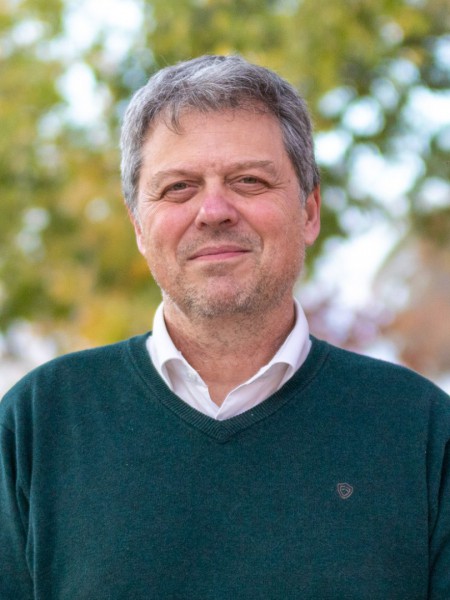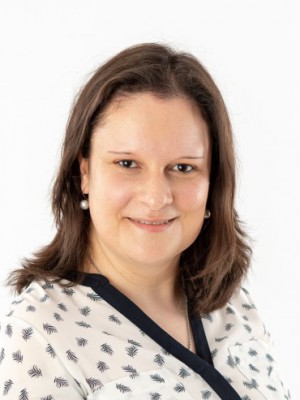abstract
Biomaterials combining biochemical and biophysical cues to establish close-to-extracellular matrix (ECM) models have been explored for cell expansion and differentiation purposes. Multivariate arrays are used as material-saving and rapid-to-analyze platforms, which enable selecting hit-spotted formulations targeting specific cellular responses. However, these systems often lack the ability to emulate dynamic mechanical aspects that occur in specific biological milieus and affect physiological phenomena including stem cells differentiation, tumor progression, or matrix modulation. We report a tailor-made strategy to address the combined effect of flow and biochemical composition of three-dimensional (3D) biomaterials on cellular response. We suggest a simple-to-implement device comprising (i) a perforated platform accommodating miniaturized 3D biomaterials and (ii) a bioreactor that enables the incorporation of the biomaterial-containing array into a disposable perfusion chamber. The system was upscaled to parallelizable setups, increasing the number of analyzed platforms per independent experiment. As a proof-of-concept, porous chitosan scaffolds with 1 mm diameter were functionalized with combinations of 5 ECM and cell-cell contact-mediating proteins, relevant for bone and dental regeneration, corresponding to 32 protein combinatorial formulations. Mesenchymal stem cells adhesion and production of an early osteogenic marker were assessed on-chip on static and under-flow dynamic perfusion conditions. Different hit-spotted biomaterial formulations were detected for the different flow regimes using direct image analysis. Cell-binding proteins still poorly explored as biomaterials components amelogenin and E-cadherin - were here shown as relevant cell response modulators. Their combination with ECM cell-binding proteins - fibronectin, vitronectin, and type 1 collagen - rendered specific biomaterial combinations with high cell adhesion and ALP production under flow. The developed versatile system may be targeted at widespread tissue regeneration applications, and as a disease model/drug screening platform. Statement of Significance A perfusion system that enables cell culture in arrays of three-dimensional biomaterials under dynamic flow is reported. The effect of 31 cell-binding protein combinations in the adhesion and alkaline phosphatase (ALP) production of mesenchymal stem cells was assessed using a single bioreactor chamber. Flow perfusion was not only assessed as a classical enhancer/accelerator of cell growth and early osteogenic differentiation. We hypothesized that flow may affect cell-protein interactions, and that key components driving cell response may differ under static or dynamic regimes. Indeed, hit-spotted formulations that elicited highest cell attachment and ALP production on static cell culture differed from the ones detected for dynamic flow assays. The impacting role of poorly studied proteins as E-cadherin and amelogenin as biomaterial components was highlighted. (C) 2019 Acta Materialia Inc. Published by Elsevier Ltd. All rights reserved.
keywords
MINERALIZED MATRIX DEPOSITION; MARROW STROMAL CELLS; EXTRACELLULAR-MATRIX; STEM-CELLS; OSTEOGENIC DIFFERENTIATION; E-CADHERIN; REGENERATIVE MEDICINE; TISSUE CONSTRUCTS; DYNAMIC CULTURE; SHEAR-STRESS
subject category
Engineering; Materials Science
authors
Lopes, D; Fernandes, C; Nobrega, JM; Patricio, SG; Oliveira, MB; Mano, JF
our authors
acknowledgements
M.B. Oliveira acknowledges the financial support from Portuguese Foundation for Science and Technology- FCT (Grant SFRH/BPD/111354/2015). This work was developed within the scope of the projects CICECO-Aveiro Institute of Materials, POCI-01-0145-FEDER-007679 (FCT Ref. UID/CTM/50011/2013) and IPC/i3N Minho (FCT Ref. UID/CTM/50025/2013), financed by national funds through the FCT/MEC and when appropriate co-financed by FEDER under the PT2020 Partnership Agreement. This work was also supported by European Research Council grant agreement ERC-2014-ADG-669858 (project ATLAS).




